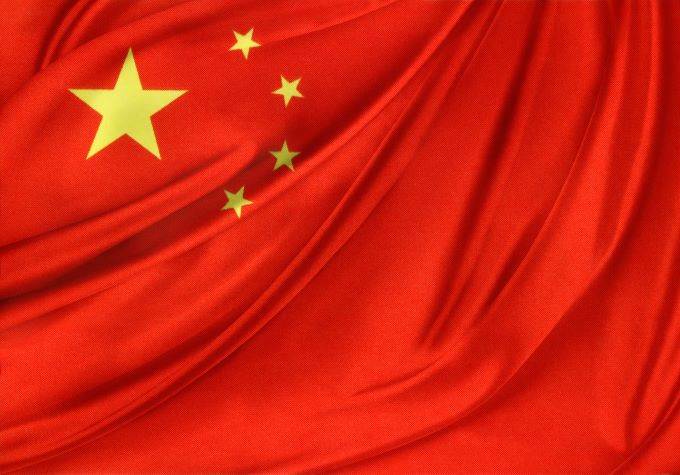 The death toll for those hit by the China-born coronavirus surged to 17 on Wednesday, from 11 earlier in the week, sending ripples of concern across the globe. The concern stems from several factors. Firstly, there is no known vaccination for the disease, and no confirmation of its exact origin, leaving health officials stumped as to how to treat the illness and contain it. Secondly, the Chinese Lunar New Year is set to start this coming Saturday, with increased travel expected both within China and overseas, which can extend the reach of the virus. A third concern stemmed from worries that contagion fears would have negative impacts on the global economy, especially if travelers are afraid to travel, shoppers are afraid to shop, and people concerned about taking public transportation.
The death toll for those hit by the China-born coronavirus surged to 17 on Wednesday, from 11 earlier in the week, sending ripples of concern across the globe. The concern stems from several factors. Firstly, there is no known vaccination for the disease, and no confirmation of its exact origin, leaving health officials stumped as to how to treat the illness and contain it. Secondly, the Chinese Lunar New Year is set to start this coming Saturday, with increased travel expected both within China and overseas, which can extend the reach of the virus. A third concern stemmed from worries that contagion fears would have negative impacts on the global economy, especially if travelers are afraid to travel, shoppers are afraid to shop, and people concerned about taking public transportation.
Despite the concerns, the World Health Organization (WHO) which met on Wednesday, postponed its decision about declaring the virus a global health emergency, claiming that not enough information is currently available in order to make this decision. The WHO will be meeting again on Thursday to determine if they can gather enough information to make a proper decision. According to the WHO, the virus is currently spreading only via close relations, such as family members and caregivers, and most of the cases haven’t been spread to strangers.
Oil prices were lower on Thursday afternoon in Asia, pressured by concerns about an oversupply of crude and a decreased demand due to the virus. These concerns overshadowed the supply disruption in Libya that began earlier this week. U.S. WTI futures were down 1.87 percent to $55.68 per barrel, and Brent crude futures were down 1.6 percent to $62.20 per barrel. The dollar slumped against the safe-haven yen as traders flocked to less-risky assets. The greenback was down 0.282 percent against the yen as of 2:25 p.m. HK/SIN, trading at 109.53. The dollar did post gains against the yuan, surging 0.34 percent to 6.9276 CNY, as traders expressed their concern about the situation in China.
All major Asian stock indexes were also lower on Thursday. Hong Kong’s Hang Seng Index led the declines, plummeting 2.81 percent by the mid-afternoon. Japan’s Nikkei 225 was down 0.98 percent, and South Korea’s Kospi was down 0.97 percent.
